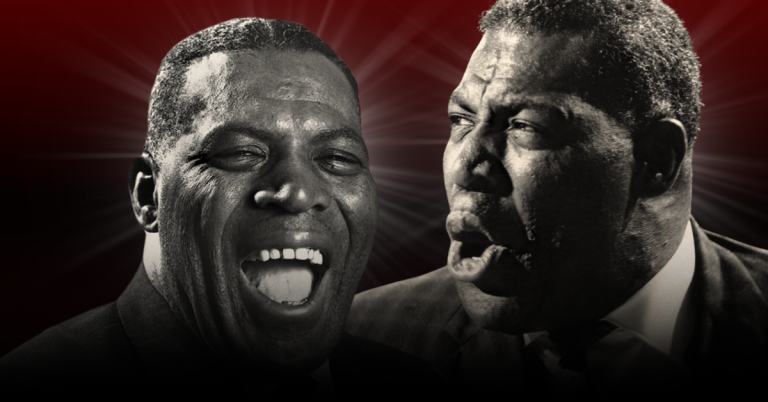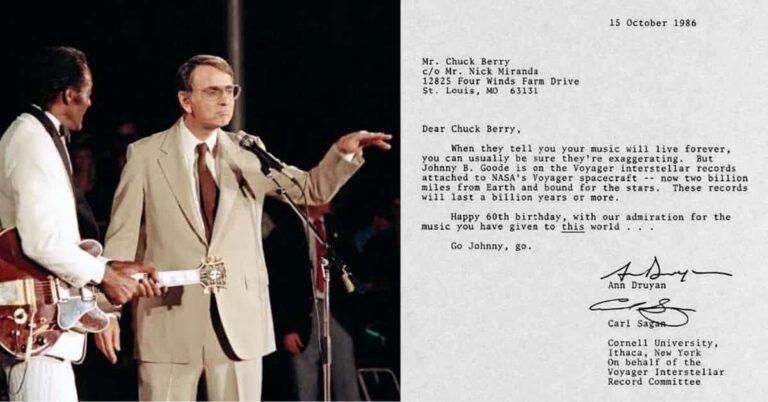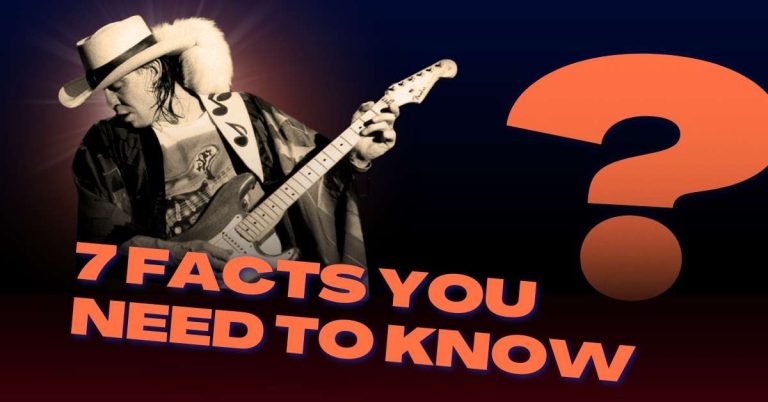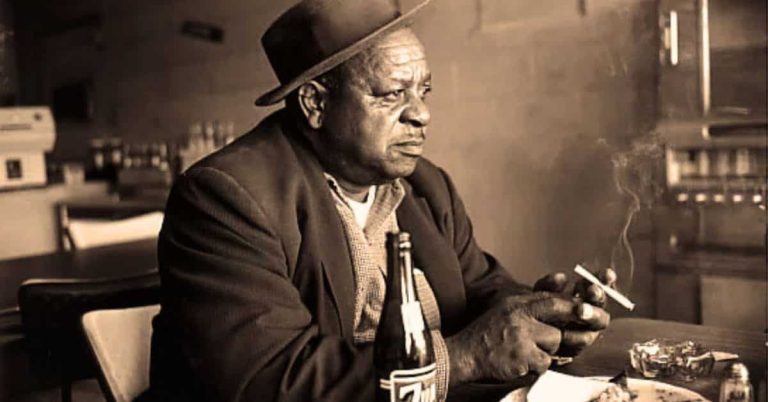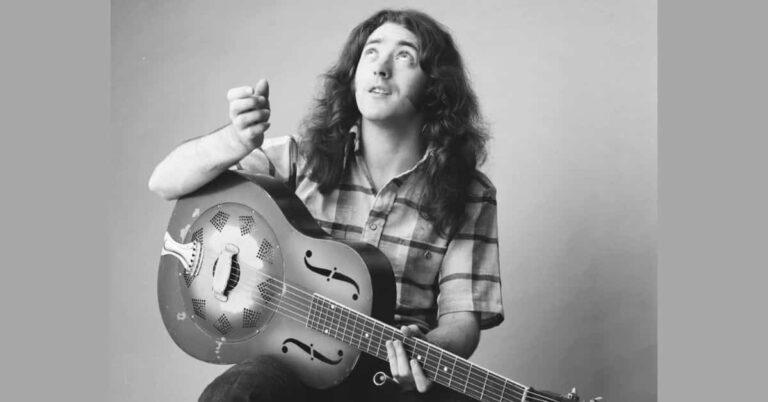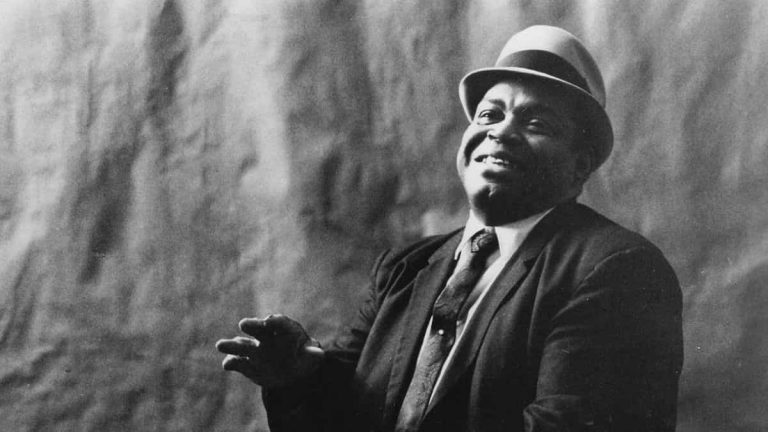A Poet and a Giant of the Blues, Willie Dixon
Seventh Son by Willie Dixon (Live)
Bass player, singer, songwriter, and producer Willie Dixon was born in Vicksburg Mississippi on this day, July 01, 1915. Dixon attributed his way with lyrics to his Mother who would try to rhyme everything she said as a sort of game she played. By the time that Dixon was in his teens, he was writing songs and selling them to local bands.
Making his way to Chicago (along with millions of other African Americans) he soon teamed up with Leonard “Baby Doo” Caston in a group called the Five Breezes. They recorded for the Bluebird label, but Dixon’s declaration of conscientious objection and refusal to join the armed forces at the beginning of WWII saw him serve a year in prison.
Upon release, he formed another group, the Four Jumps of Jive, before reteaming with Caston in the Big Three Trio.
One of the Chicago clubs that the group played was owned by the Chess brothers; they hired Dixon to play bass on a session for Robert Nighthawk on their newly formed Aristocrat record label in 1948.
He would work steadily for the Chess brothers over the next few years, arranging sessions, playing bass and providing the material for their artists to record.
Commercially, Dixon hit his stride in 1954 when Muddy Waters’ recording of his ‘Hoochie Coochie Man’ and Howlin’ Wolf’s take on ‘Evil’ both topped the charts. Little Walter’s version of ‘My Babe’ joined them the following year.
For all that he did, Dixon was simply a salaried employee, making $100.00 a week.
He took his skills to an upstart rival Eli Toscano’s Cobra and Artistic imprints, but the labels demise coincided with Toscano’s, (apparently over unpaid gambling debts).
At the beginning of the sixties, Dixon began working with a European concert promoter named Horst Lippmann who put together annual tours of Europe under the name American Folk-Blues Festival. Dixon would put together the talent and serve as musical director.
American Folk Blues Festival – feat Willie Dixon, Walter Horton, Rosetta Tharpe, and others!
These shows also introduced many of his songs to a completely new audience overseas; these young artists would find undreamed-of commercial success playing and singing these songs, and it was only then that Dixon realized just how little he was making off of his work.
It would be years of litigation before he was able to regain control of his copyrights and begin to reap the rewards of his work. But he outlived all of the original artists with whom he had worked (and the people that he worked for) and achieved the recognition that he and his work so richly deserved.
The Big Three Trio were Leonard Caston, piano; Ollie Crawford, guitar and Willie Dixon, bass. For studio sessions, either Charles Sanders or Hillard Brown were on the drum stool.
I do not know why this delightful instrumental showcase for each of the Three was not released at the time of its recording – it first saw release in 1990 on “Willie Dixon – The Big Three Trio” part of the CBS label’s Roots N’ Blues series.
Big Three Trio – Big 3 Stomp
